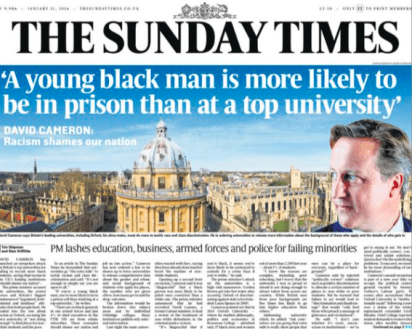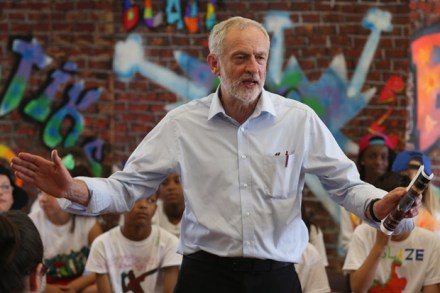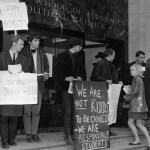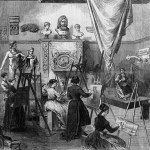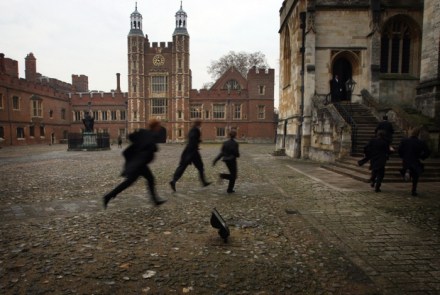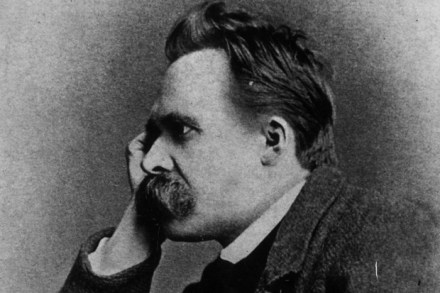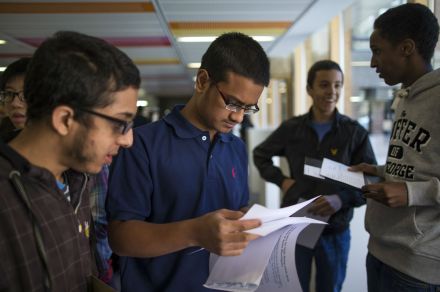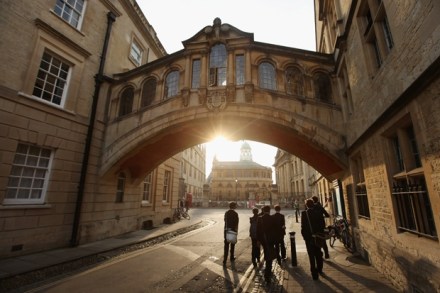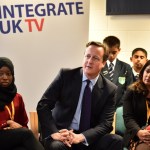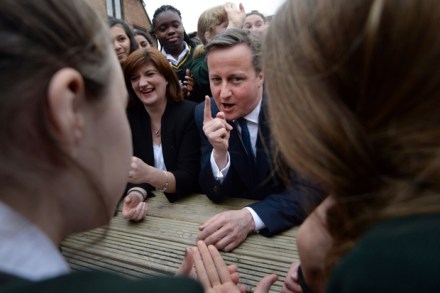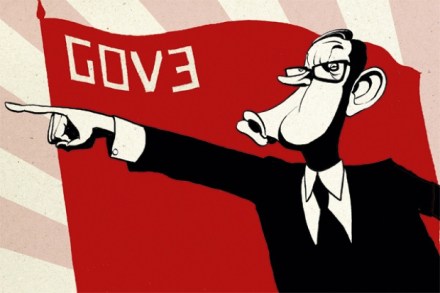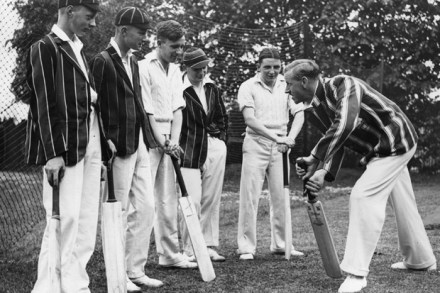Edinburgh University staff are now under surveillance, thanks to the Home Office
Another British university has been revealed as a mini GDR. And this time it’s not the fault of those speech-policing students’ unions. The University of Edinburgh – which recently hit headlines after its students association banned head-shaking – has been slammed for an Orwellian new practice designed to keep tabs on its staff. Under a new scheme, reported in Times Higher Education, university staff will be required to report their whereabouts ‘when officially at work, but not in their normal place of work’. The provisions, originally meant to apply only to staff from outside the EU, have been extended to all 13,000 employees, in an effort to ensure they are applied



